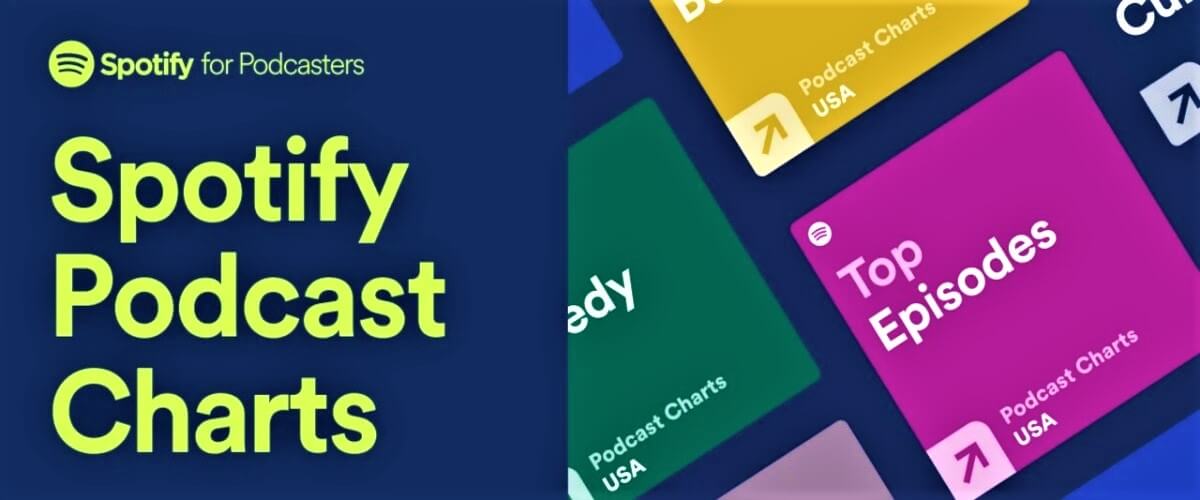Almost every podcaster thinks about ways to know if their podcast is successful. Unfortunately, the answer to this question is not as simple as it may seem. There are various ways to measure success for a podcast, and what may be considered a successful podcast for one may not be seen as such by another.
Some podcasters may consider their show successful if they have a large and engaged audience. In contrast, others may deem their podcast successful if they can generate a consistent income.
Why is it essential to measure podcast success?
There are several reasons why it is essential to measure podcast success. One of the most important reasons is that it allows you to track your progress and make necessary adjustments. If you do not see the results you want, then you can change your approach or try something new.
Additionally, measuring podcast success can help you identify your most popular episodes and content, which in turn can help you attract new listeners. Besides, it can help you attract sponsors and advertisers, which can ultimately help you grow your show.
Finally, understanding your podcast’s performance can simply give you a sense of pride and accomplishment. Knowing that your hard work is paying off can be a great motivator to keep going.

What Metrics Matter?
Now that we’ve established why it’s essential to measure podcast success let’s take a look at some of the most important metrics you should be tracking.
The first metric is downloaded. It is perhaps the most important metric because it represents how many people are listening to your show. Keep in mind, however, that a download doesn’t necessarily mean a listen. For example, a listener may download an episode but never actually get around to listening to it. Nonetheless, downloads are still a good indicator of interest and can give you a general idea of how your show performs.
Another important metric is time spent listening (TSL). This metric represents how much of each episode people are listening to. It is a good metric to track because it can give you an idea of whether or not people are losing interest in your show. If you see a decline in TSL, it may be time to make some changes.
You should also pay attention to subscribers. This metric represents the number of people who have subscribed to your show. Subscribers are essential because they represent people committed to regularly listening to your show. The number of subscribers can give you an idea of the overall popularity of your show.
Finally, it’s also worth tracking social media engagement. This podcast metric represents how often people are talking about your show on social media platforms like Twitter and Facebook. Social media engagement is essential because it can help you attract new listeners and spread the word about your show.
What are methods to measure podcast success?

As a podcast’s success depends on the show’s specific goals and objectives, there is no one-size-fits-all answer to this question.
However, as was mentioned, some standard methods for measuring podcast success include podcast download numbers, listener feedback, social media engagement, and overall audience growth.
One more way to measure success is to pay attention to listener feedback. It includes things like reviews, ratings, and comments left on podcast platforms or social media. This feedback can give podcasters a good idea of what people like and don’t like about their show and can help them to make necessary changes to improve the quality of their content. Of course, you can also ask your listeners for feedback through surveys or social media.
Ultimately, the best way to measure the success of a podcast is to set clear goals and objectives from the start and then track progress over time to see if those goals are being met.
We are supported by our audience. When you purchase through links on our site, we may earn an affiliate commission at no extra cost to you.
Our newsletter
* We will never send you spam or share your email with third parties












